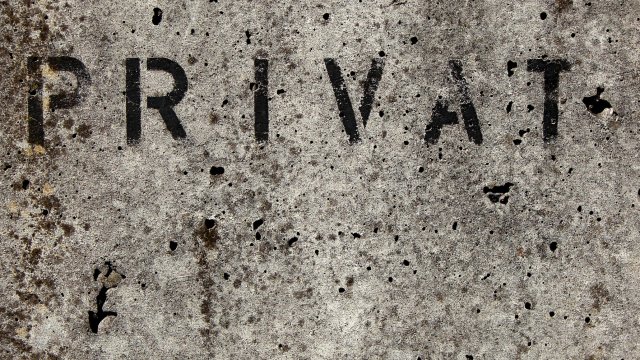Funny Meetings Produce Better, More Creative Ideas

Humor begets humor, and laughter results in more open teamwork and more creative ideas. These conclusions were reached by the first study of its kind to observe real professional meetings and code them according to humor and laughter.
Just published in the Journal of Applied Psychology, researchers examined 54 regular organizational team meetings and examined the behavioral patterns of each meetings’ participants.
Two important observations occurred at frequencies that elevated them above chance occurrences. Once a joke was told, the frequency of laughter and the telling of more jokes (followed by more laughter) increased. In addition, researchers found that “humor patterns triggered positive socioemotional communication, procedural structure, and new solutions.”
Crucially, humor patterns defined the success of funny team meetings, rather than humor or laughter alone. In other words, the teams worked better when all the professionals laughed along and encouraged the humor of others.
Responding to the study, Alex Fradera of the British Psychological Society wrote:
“The repeated importance of humor in tandem with laughter suggest that it’s not purely elevated mood or a quality of wannabe jokers, but a more dynamic give and take between team members that makes the difference.”
In the moments after the laughter of a joke-laughter-joke chain died down, teams were more likely to engage in open, productive behaviors like proposing new ideas, asking questions, offering praise, and encouraging the participation of others.
The power of funny is very real, according to The New Yorker cartoonist Robert Mankoff. During his Big Think interview, Mankoff explained that being able to make people laugh demonstrates you have a different way of looking at the world and that you can inspire others to do the same, disrupting current models and stagnant points of view:
“So I think early on and throughout that I felt that humor was sort of my thing; my way to shift the balance of power that no matter what situation I was in; no matter how the power seemed to range that humor could, at least temporarily, put the banana peel under their shoe.”
An important caveat to the research is this: when team members’ jobs were not secure, laughter and humor did not result in more creative ideas. Past research has indicated that security is an important component to freedom, and that without it, much energy is spent on worrying about the future.
Read more at Lenovo





